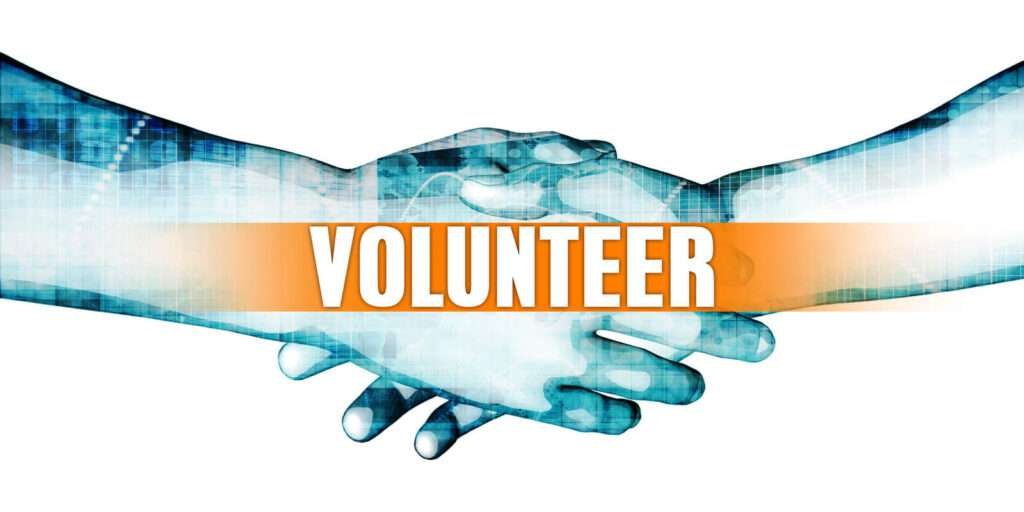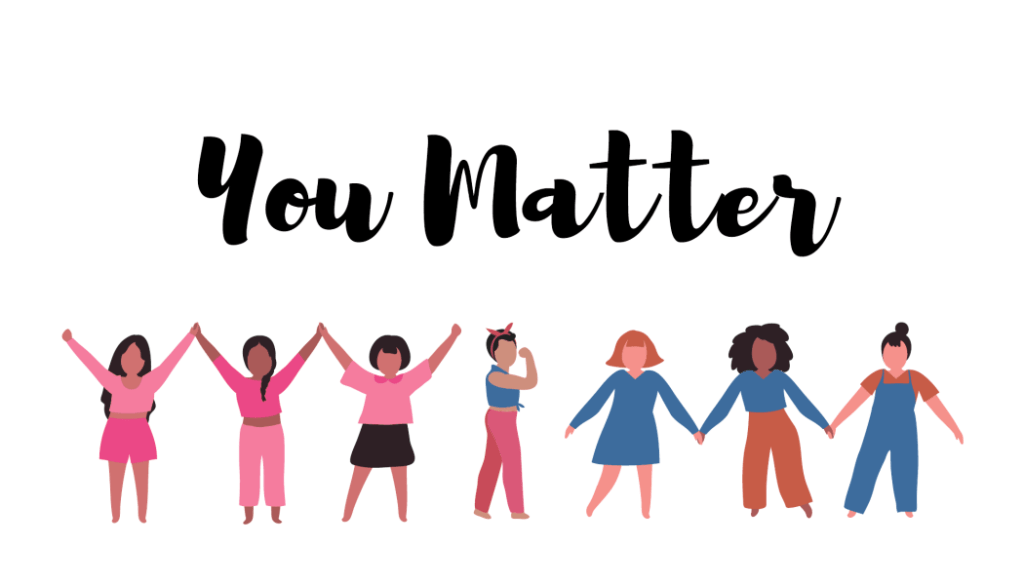Chronic Pain Relief and Kindness
30 Day Kindness Challenge Day 8 – Kindness Helps Chronic…
30 Day Kindness Challenge Day 8 – Kindness Helps Chronic Pain
Welcome back to the 30 Day Kindness Challenge. Today is Day 8. To celebrate World Kindness Day (November 13th) and also National Podcast Post Month, every day in November I am doing a micro Podcast where I talk about the science of kindness and some facts, and issue a daily kindness challenge. Today I will be talking about kindness and its healing benefits when it comes to chronic pain.
Introduction to Kindness and Chronic Pain Relief
Kindness involves being friendly, generous, and considerate. It is not just a moral quality but also has important effects on physical health, particularly in easing pain. Scientific research shows that kindness can be a natural and effective way to manage and relieve pain.
Pain Relief Hormones and Neurochemical Responses – Oxytocin
Oxytocin, often dubbed the “cuddle hormone” or the “Love Hormone” due to its association with bonding and affection, is released during acts of kindness, both given and received. This hormone not only promotes social bonding but also has Pain-relieving properties, helping to alleviate pain and reduce stress.
Endorphins: The Body’s Natural Painkillers
There are more than 20 types of endorphins in our bodies. Endorphins are natural painkillers that are released when we do kind things. These natural opioids make us feel good and can help reduce pain.

Beta-Endorphins
Beta-endorphins are neuropeptides involved in pain management with morphine-like effects.
They are primarily synthesized and stored in the anterior pituitary gland.
Beta-endorphins exert their analgesic effects through opioid receptors, especially the mu subtype, in both the peripheral and central nervous systems.
Opioid Medications and Pain
Opioid medications mimic beta-endorphins’ actions by binding to these receptors. Beta-endorphins are the endorphins involved in stress relief and pain management. Beta-endorphins have a stronger effect than morphine on your body.
Using opioids for a short period of time reduces the production of natural pain-relieving substances called beta-endorphins. However, using opioids for a long time lowers the production of endorphins and receptors in the body, which increases the chances of experiencing heightened pain, developing tolerance, and becoming addicted to opioids.
The level of plasma beta-endorphins correlates with the degree of pain experienced by surgical patients.
Serotonin and Dopamine: Mood Regulators
Being kind boosts the release of serotonin and dopamine, which are chemicals in the brain that influence mood, happiness, and pleasure. Serotonin helps regulate emotions, while dopamine brings a feeling of satisfaction and enjoyment.
Pain Reduction Through Emotional and Psychological Channels
Mindfulness-Based Interventions
Mindfulness and meditation practices, including loving-kindness meditation, have been shown to alleviate various health conditions, including pain. Such interventions can lead to decreased pain perception, reduced anger, and enhanced psychological well-being.
Compassion and Empathy in Healthcare
Studies have demonstrated that the perception of compassion and empathy from healthcare providers can significantly improve patients’ pain relief and satisfaction with their care.

Altruistic Behavior
Altruistic behaviors, such as volunteering or acts of kindness, can lead to physical relief, underscoring the connection between helping others and personal health benefits.
Long-Term Health Benefits of Kindness
Stress Reduction and Health Promotion
Kindness can serve as a health promotion intervention, increasing feelings of happiness and gratitude, which are known to have positive effects on overall health and stress levels.
Meditation Interventions For Pain
Compassion meditation has been tentatively linked to reduced pain severity and increased acceptance in patients with chronic pain, indicating the potential for such practices to serve as complementary treatments for those with chronic conditions.
Implications for Chronic Pain Management
An 8-week program of loving-kindness meditation helped reduce pain and psychological distress in patients with chronic low back pain, showing that kindness-focused practices can be therapeutic.
The Role of Kindness Media
In healthcare settings, exposure to kindness-related media content has been found to rapidly increase positive emotions and promote a more generous attitude, which could have implications for patient care and well-being.
Conclusion: The Multifaceted Benefits of Kindness
The science of kindness offers more than just a feel-good factor; it provides a viable pathway to relief and improved mental health. Whether through hormonal changes, the release of neurotransmitters, or the cultivation of compassionate relationships, kindness has the power to heal.
You Matter!

Ted Talk “You Matter”
Print “You Matter Cards”
You Matter Kindness Facts

Today’s Kindness Challenge
- Print Out “You Matter” Cards!
- Hand Out You Matter Cards
- Pay someone a compliment.
- Put change in an expired parking meter.
- Salute a veteran.
- Wash someone’s car.
- Teach a skill you’re proficient in.
- Teach someone a handy life hack.
- Offer your expertise to non-profits.
- Visit animal shelters to play with pets.
- Donate blankets to a shelter.
- Be kind to yourself!
Thank You for your Kindness!

Be sure to share yout success stoties, I would love to hear from you.
Resources
For those interested in exploring the studies and evidence further, consider delving into the following resources:
Loving-Kindness Meditation Pilot Study
Read Article
Behavioral Medicine Article
Read Article
Mind and Body Approaches
What the Science Says
Compassion Meditation Intervention in Chronic Pain
Pilot Study
How a Kind and Caring Doctor Can Help Boost Pain Relief
Read Article
Altruistic Behaviors Relieve Physical Pain
Read Article
The Science of Kindness
Psychology Today
The Scientific Database Pubmed
PubMed
International Association for the Study of Pain
Read Article
Modulating Effects of Oxytocin
Science Direct
Musculoskeletal Pain -Oxytocin’s Potential
PubMed
Cortisol Decreases and Serotonin and Dopamine Increase Following Massage Therapy.
Pub Med
Spinal Manipulation and Beta-Endorphin
Pub Med
Understanding Endorphins and Their Importance in Pain Management
National Library of Medicine

